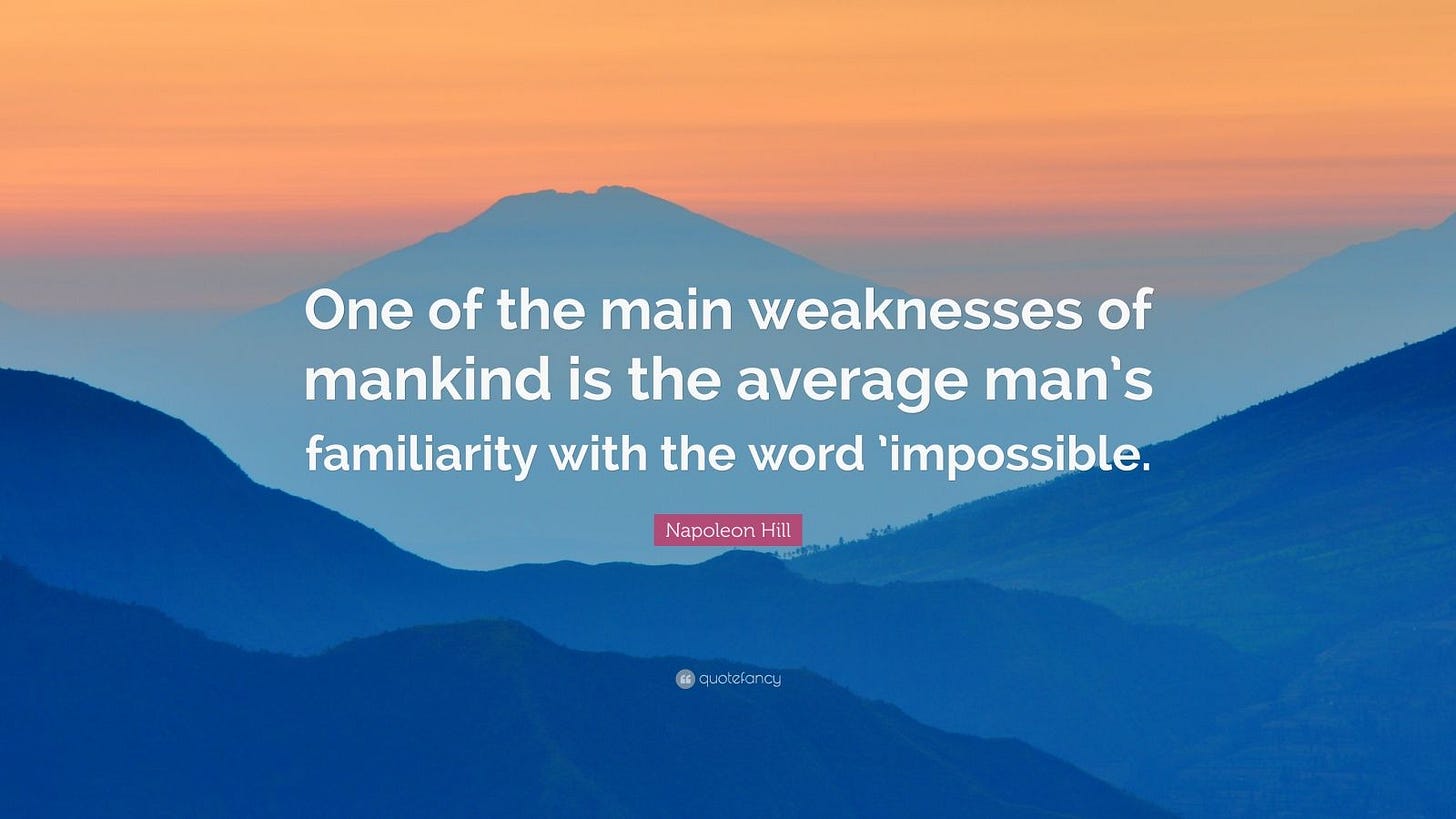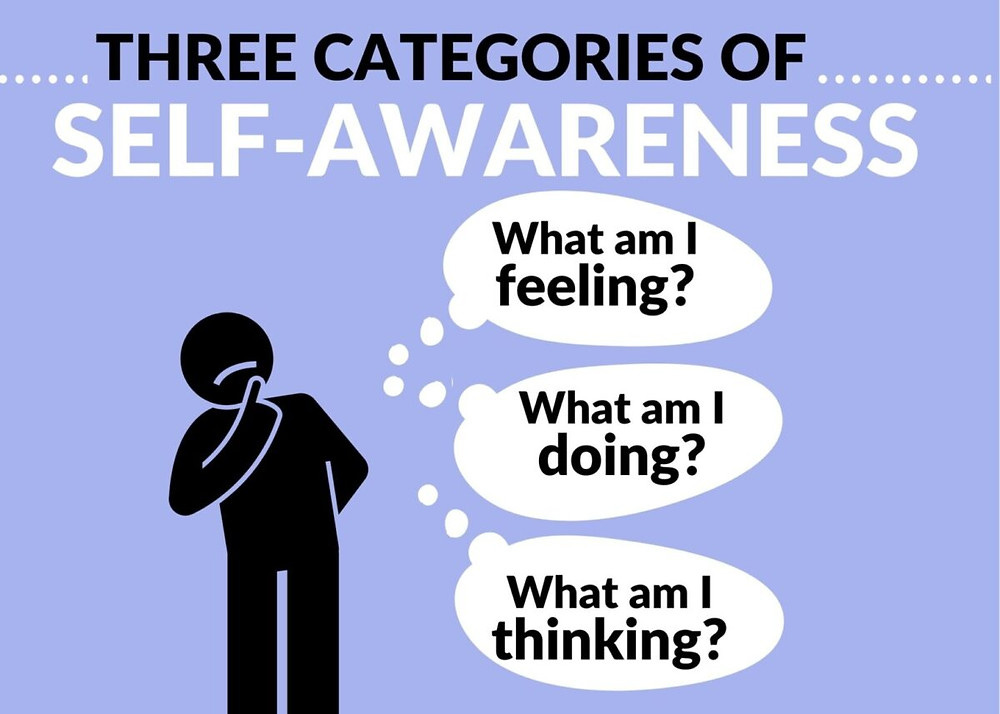Identifying Mental Block Triggers
By Mind & Muscle Academy. Newsletter nº11, 2ⁿᵈ in the “Overcoming Mental Blocks” Series; 22/11/2024.
Welcome back to the second publication of our series on overcoming mental blocks. Last week, we peeled back the curtain to understand what mental blocks are and why they happen.
P.S. Read to the end to access the link!
This week, we’re diving into a crucial step on the journey: identifying your triggers.
Let me start with a truth we often overlook - mental blocks don’t come out of nowhere. They’re not rogue clouds drifting into a sunny sky without warning. They’re caused by specific triggers - those invisible pressure points that make your mind short-circuit.
The good news?
With a little self-awareness, you can start identifying what sets them off. And just like any good detective story, solving the mystery starts with figuring out the why.
What’s in This Week’s Article?
Types of Triggers: Discover the common culprits behind mental blocks, from perfectionism to burnout.
The Science Behind Triggers: Understand the brain's response to stress and why mental blocks happen.
Self-Reflection Exercises: Practical prompts to help you identify your unique triggers.
Why It Matters: Learn how self-awareness can empower you to move past mental blocks.
The Usual Suspects: Types of Triggers
Mental blocks can be sneaky, and they wear many disguises. Here are some of the most common ones:
Perfectionism
That inner voice whispering, “This has to be flawless, or it’s worthless,” can be relentless. While striving for excellence is admirable, perfectionism frequently paralyses us instead of pushing us forward.External Criticism
External criticism, whether from a teacher, coach, boss or even a well-meaning friend, can feel like a spotlight on your perceived flaws. The fear of hearing, “That’s not good enough,” can stop you from trying altogether.Burnout
This one sneaks up on you. You’re doing too much for too long without a break. Suddenly, even simple tasks feel monumental, and your brain starts waving the white flag.Fear of Failure
A close cousin of perfectionism, the fear of failure convinces you that it’s safer not to start than to risk falling short. Check out this recent article about “Overcoming the Fear of Failure”.Comparison
Ever catch yourself scrolling through social media and thinking, “They’re so far ahead of me”? Comparing your journey to someone else’s highlight reel is a fast track to feeling stuck.
The Science of Triggers
Here’s where things get fascinating.
A study published in the Frontiers in Human Neuroscience found that negative feedback activates the brain’s dorsal anterior cingulate cortex - the area responsible for detecting conflicts and errors. In other words, when we perceive criticism or failure, our brain lights up like a fire alarm.1
Understanding this reaction helps us realise we’re not “weak” or “failing” - we’re human.
Your Self-Reflection Exercise
Recognising your triggers is like mapping uncharted territory - it’s not easy, but it’s worth it. Here’s a simple exercise to get started:
Grab a Journal
Sit down in a quiet space with your favourite notebook or a blank page.Ask Yourself These Questions
What situations consistently leave me feeling stuck or overwhelmed?
Is there a common theme in the moments when I’ve experienced a mental block?
Do I notice any patterns in how I react to criticism or challenges?
What emotions come up when I compare myself to others?
Dig Deeper
Write about a recent moment when you hit a mental block. Describe it vividly.What happened?
How were you feeling?
What thoughts were running through your mind?
Why This Matters
Self-awareness forms the basis for personal growth and development. By taking the time to understand what holds you back - whether it be fears, limiting beliefs, or experiences - you can begin to develop effective strategies for moving forward.
This journey of self-discovery allows you to recognise your strengths as well as areas for improvement.
It’s not merely about avoiding challenges or criticism entirely; rather, it involves learning to confront them with resilience and a growth mindset. Embracing feedback, both positive and negative, becomes a crucial part of your evolution, helping you to adapt and thrive.
As you cultivate self-awareness, you may find that obstacles transform into opportunities for learning and growth, empowering you to navigate life’s complexities with greater confidence and clarity.
Parting Thoughts
The process of identifying your triggers isn’t about judgment; it’s about curiosity. Approach this with kindness toward yourself. Think of it as a way to know yourself better and uncover the hidden patterns that influence your behaviour.
Remember: Progress isn’t linear. It’s okay if some triggers take time to pinpoint. What matters is that you’re showing up for yourself and doing the work.
Next week, we’ll explore the Strategies to Shift Your Mindset. But for now, take some time to reflect - and don’t forget to breathe.
Stay tuned for more tips, stories, and advice in our upcoming newsletters, and feel free to check out last week’s edition!
As always, I’m open to new ideas or suggestions you may have, so feel free to leave a comment!
Thank you all for joining me today, and I wish you a pleasant rest of your day.
Quote of the Day:
“When triggers emerge, it’s our opportunity to embrace the art of responding instead of reacting.”
— Trisha J.
Best regards,
Ruben
Founder, Mind & Muscle Academy
Yeon-kyoung, Woo., Juyeon, Song., Yi, Jiang., Catherine, Cho., Mimi, Bong., Sung-il, Kim. “Effects of informative and confirmatory feedback on brain activation during negative feedback processing..” Frontiers in Human Neuroscience, 9 (2015).:378-378. doi: 10.3389/FNHUM.2015.00378












Very true but one needs to find the motivation to keep growing and even just maintaining mind and body capabilities. Any tips about how to get the motivation to do so? Maybe in a future newsletter 🙏🏻
Great self reflexion exercise!